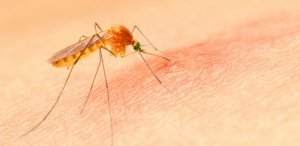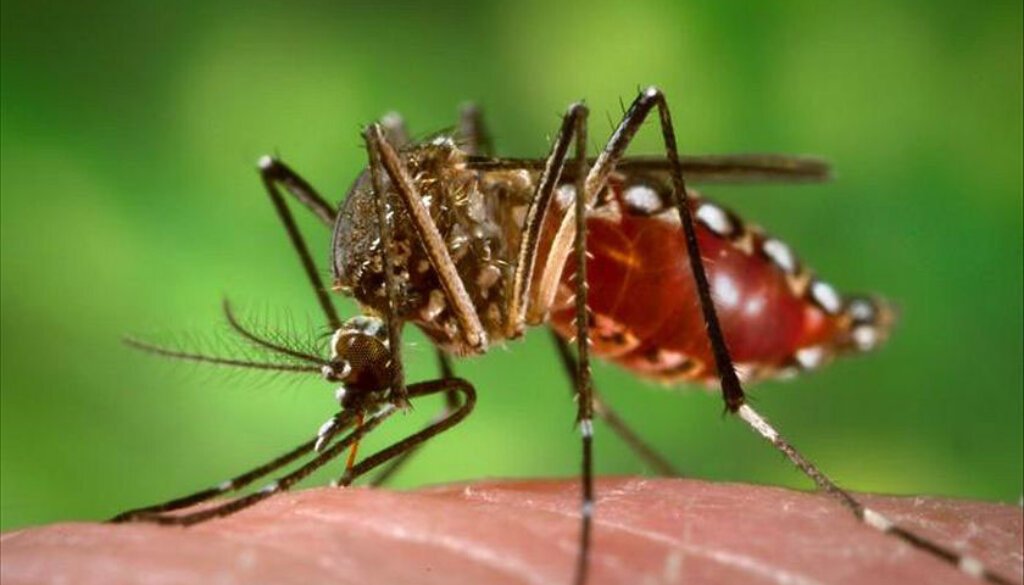Introduction Of Dengue Fever?
Dengue Fever:
Introduction of Dengue:
Dengue fever is not just a fever, it can cause death also. So let’s discuss Dengue Fever today. Dengue fever is a mosquito-borne tropical disease caused by the dengue virus. It is spread by several species of female mosquitoes of the Aedes type. This fever is a painful, debilitating mosquito-borne disease caused by any one of four closely related dengue viruses. These viruses are related to the viruses that cause West Nile infection and yellow fever. Dengue is a viral infection caused by four types of viruses (DENV-1, DENV-2, DENV-3, DENV-4) belonging to the Flaviviridae family. These mosquitoes thrive in areas with standing water, including puddles, water tanks, containers, and old tires. Lack of reliable sanitation and regular garbage collection also contribute to the spread of the mosquitoes.
Symptoms:
Symptoms typically begin three to fourteen days after infection which includes:
- High Fever,
- Headache,
- Vomiting,
- Joint pains,
- Skin Rash,
- Fatigue
- Nausea
- Swollen glands
The disease develops into severe dengue, also known as dengue hemorrhagic fever and this include:
- Bleeding,
- Low Level of Platelets,
- Blood Plasma Leakage,
And into dengue shock syndrome we feel,
- Dangerously Low Blood Pressure
These symptoms may progress to massive bleeding, shock, and death. This is called dengue shock syndrome (DSS).

Vaccination of Dengue:
A vaccine for dengue fever has been approved and is commercially available in several countries. The vaccine, however, is only recommended in those who have been previously infected. Moreover, in some cases, blood transfusion is required. Paracetamol (acetaminophen) is recommended instead of nonsteroidal anti-inflammatory drugs (NSAIDs) for fever reduction and pain relief in dengue due to an increased risk of bleeding from NSAID use. Moreover, for your information, there is no specific medicine to treat dengue infection. If you think you may have dengue fever, you should use pain relievers with acetaminophen and avoid medicines with aspirin, which could worsen bleeding. You should also rest, drink plenty of fluids, and see your doctor. If you start to feel worse in the first 24 hours after your fever goes down, you should get to a hospital immediately to be checked for complications.

Where Dengue Has Attacked Most?
People with weakened immune systems as well as those with a second or subsequent dengue infection are believed to be at greater risk for developing dengue hemorrhagic fever. Dengue has become a global problem since the Second World War and is common in more than 110 countries, mainly in Asia and South America. Each year between 50 and 528 million people are infected and approximately 10,000 to 20,000 die.
Transmission of Dengue:
Dengue is spread by several species of female mosquitoes of the Aedes type. These mosquitos usually live between the latitudes of 35° North and 35° South below an elevation of 1,000 meters (3,300 ft). They typically bite during the early morning and in the evening, but they may bite and thus spread infection at any time of day. Other Aedes species that transmit the disease include A. albopictus, A. polynesiensis, and A. scutellaris. A female mosquito that takes a blood meal from a person infected with dengue fever, during the initial 2- to 10-day febrile period, becomes infected with the virus in the cells lining its gut. About 8–10 days later, the virus spreads to other tissues including the mosquito’s salivary glands and is later on released into its saliva. Vertical transmission from mother to child, during pregnancy or at birth has been reported.

The process from Bite to Fever:
When a mosquito carrying dengue virus bites a person, the virus enters the skin together with the mosquito’s saliva. It binds to and enters white blood cells, and produce offspring inside the cells while they move throughout the body. The white blood cells respond by producing several signaling proteins, such as cytokines and interferons, which are answerable for many of the symptoms, such as the fever, the flu-like symptoms, and the severe pains. Fluid from the bloodstream leaks through the wall of small blood vessels into body cavities due to capillary permeability. As a result, less blood circulates in the blood vessels, and the blood pressure becomes so low that it cannot supply sufficient blood to vital organs. It also reduces the number of platelets, which are necessary for effective blood clotting; this increases the risk of bleeding, the other major complication of dengue fever.
Also Read: Exercise After Heart Attack
Protect Yourself:
- Use mosquito repellents, even indoors.
- When outdoors, wear long-sleeved shirts and long pants tucked into socks.
- When indoors, use air conditioning if available.
- Make sure window and door screens are secure and free of holes.
- If you have symptoms of dengue, speak to your doctor.
- To reduce the mosquito population, get rid of places where mosquitoes can breed. These include old tires, cans, or flower pots that collect rain. Regularly change the water in outdoor bird baths and pets’ water dishes.
Take Care Of Your Families. By Helping And Taking Precautions.







